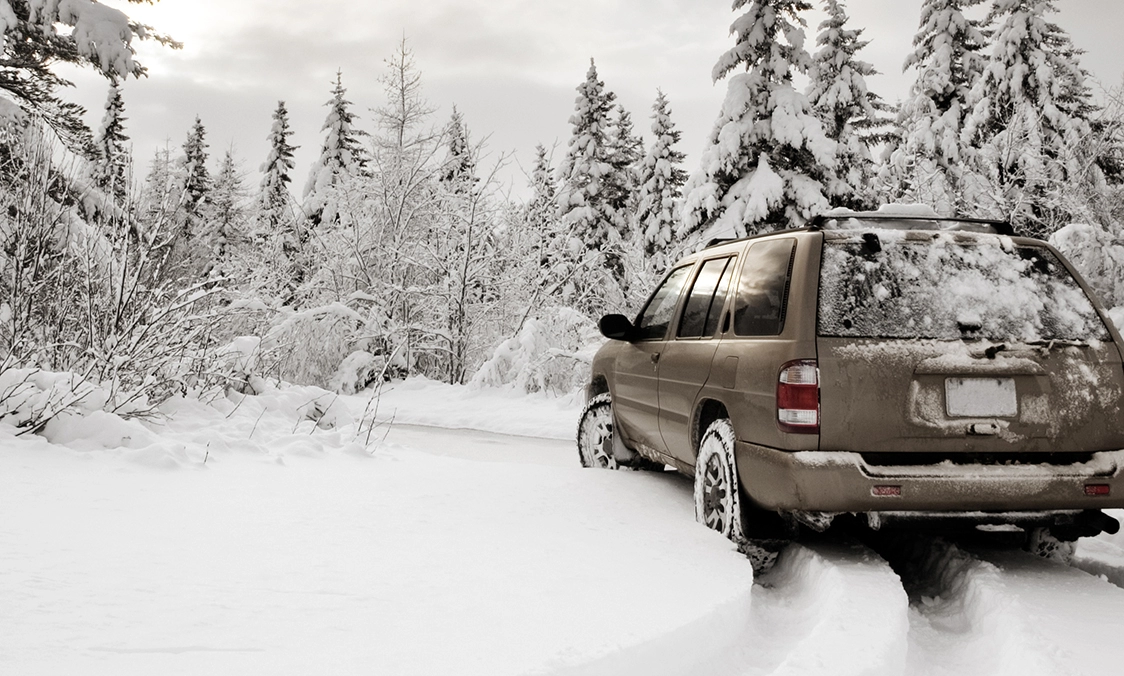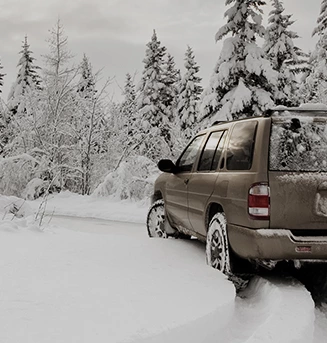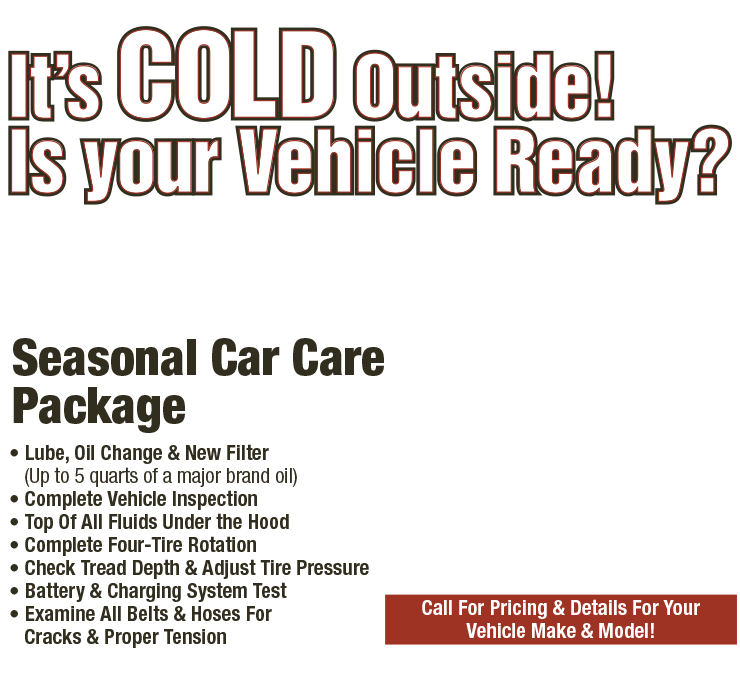When Metal Meets Metal (Wheel Bearings)
August 25, 2019
What part of your vehicle has little metal balls inside that are lubricated and allow you to cruise on down the road? They are wheel bearings, and automotive designers might argue they are human beings' second greatest invention of all time (the first is, of course, the wheel!).
You have a wheel bearing at each wheel. They allow your wheels to turn freely, minimizing friction that would ordinarily slow you down when metal meets metal. When one of your wheel bearings starts to go bad, it lets you know. A wheel bearing does its work quietly when it's in good health but starts getting noisy when it isn't. People describe the noise differently. Sometimes it sounds like road noise, a pulsating, rhythmic, sound. That pulse speeds up when your vehicle speeds up.
Here's what's happening when you hear that sound. As mentioned, the bearing has these little metal balls inside a ring. They have a lubricant inside to reduce friction between the balls; modern wheel bearings are sealed and they're intended to do their job without any maintenance.
Wheel bearings take a beating; you hit some rough potholes or go over some uneven railroad tracks. Sometimes water can get into a bearing and reduce the ability of the lubricant to do its job. Time starts to take its toll, too. When the lubricant isn't reducing friction like it should, the bearing can heat up. One of those little balls can start shedding pieces of metal and soon those shards start grinding up the other balls. Friction takes over and soon your wheel isn't turning smoothly. That's what's causing the sound. If a wheel bearing is not fixed, it could eventually seize up completely, and you can be stranded.
It's a lot easier if you heed the early warning signals, that pulsating noise. Now, sometimes a similar noise can be caused by a bad tire, but in either case, it's important to have it checked out. Our Auto Lab Livonia technicians will be able to tell you fairly quickly what the problem is and offer a solution.
Wheel bearings generally don't fail often and usually last from 85,000-100,000 miles/140,000km to 160,000km. But consider them a long-term maintenance item that, once fixed, will keep you heading smoothly to the next destination.
Auto Lab Livonia
36251 Five Miles Rd
Livonia, MI 48154
734-432-6000
http://www.autolablivonia.com
Need Service?
More articles from Auto Lab Livonia

Don?t Skip Out on These! (Vehicle Maintenance Items You Should Never Postpone)
January 25, 2026
Maybe that little sticker on your windshield is giving you the reminder that its time for your vehicle to have an oil change. Youve thought, Aw, I can skip this one and save myself a little money. When it comes to things you should never ignore on your vehicle, timely oil changes are number one... More

Losing Your Cool (Why is My Air Conditioning System Not Working?)
January 18, 2026
When you turn on the air conditioning in your vehicle, you expect cool air to come out of the vents. You depend on it, especially in hot weather, but it can also be important in humid weather when you need it to help defrost your windows and windshield. The air conditioning system has a lot of p... More

TCB your PCV (PCV Valve Replacement)
January 11, 2026
Your gasoline engine goes through some exhausting work. Yes, it's truly exhausting, as in: it produces exhaust! And when your engine starts behaving like it's exhausted, such as running poorly or getting lousy fuel economy, the trouble may be something called a PCV valve. Did you know it's a ser... More










